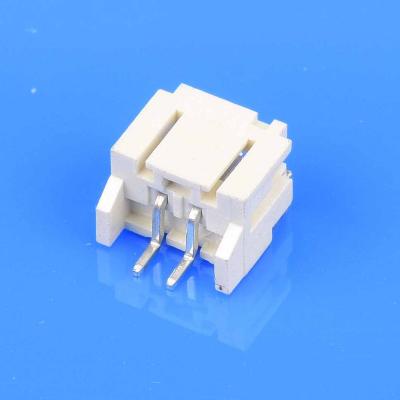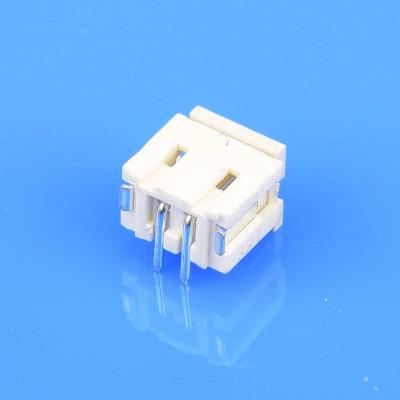
Home Appliance
In the home appliance market, connectors play a crucial role in ensuring the efficient and safe operation of various devices. As technology continues to advance, the demand for innovative and reliable connectors in home appliances is on the rise. Here are the main product requirements base on different devices application.
Reliability and Durability: Home appliances are used frequently and are expected to have a long lifespan. Connectors should be designed to withstand multiple insertions and removals without affecting performance. They should also be resistant to environmental factors like dust, moisture, and temperature fluctuations.
Safety Standards: Connectors used in home appliances need to adhere to safety standards to prevent electrical hazards and ensure user safety. Compliance with relevant regulations and certifications is crucial.
High-Speed Data Transmission: With the increasing integration of smart technology, connectors must support high-speed data transmission for communication between appliances and external devices such as smartphones, cloud services, etc.
Power Handling Capacity: Appliances with varying power requirements, such as refrigerators, air conditioners, and ovens, need connectors capable of safely and efficiently handling different voltage and current levels.
EMI/RFI Protection: Electromagnetic interference (EMI) and radio frequency interference (RFI) can affect appliance performance. Connectors should be designed to minimize these interferences and ensure reliable operation.
Compact Size: Many modern appliances are designed to be compact and space-efficient. Connectors should have a small footprint to accommodate this design trend.
Ease of Assembly: Manufacturers require connectors that are easy to install during the production process, helping streamline manufacturing and reduce assembly time.
Customization and Modularity: Some appliances offer customization options, such as interchangeable components or upgradeable features. Connectors that facilitate these modular designs can enhance product flexibility.
Compatibility: Connectors used in appliances should be compatible with existing industry standards and protocols. This is particularly important for smart home appliances that need to interact seamlessly with other devices.
Materials and Environmental Considerations: Connectors should be made from durable materials that can withstand the appliance's intended environment. Additionally, there's a growing emphasis on using eco-friendly materials that are recyclable and reduce the environmental impact.
Aesthetics: As appliances become more integrated into home interiors, connector design should consider aesthetics. Connectors that blend well with the overall design of the appliance contribute to a polished look.
Cost-Effectiveness: Manufacturers aim for cost-effective solutions, so connectors that balance performance and cost are highly valued.
Serviceability: In case of maintenance or repairs, connectors should be accessible and easy to work with. Serviceability can affect the overall user experience and the appliance's longevity.
Wireless Connectivity Support: For appliances with wireless connectivity features, connectors should support antennas or modules for Wi-Fi, Bluetooth, or other wireless communication protocols.
These requirements can vary based on the specific appliance category (e.g., kitchen appliances, laundry appliances, HVAC systems) and the evolving demands of the market. Manufacturers need to closely follow market trends and consumer preferences to ensure their connector choices align with the changing landscape of home appliances.
Related Products

( 2 . 0mm )

( 1 . 5mm )


